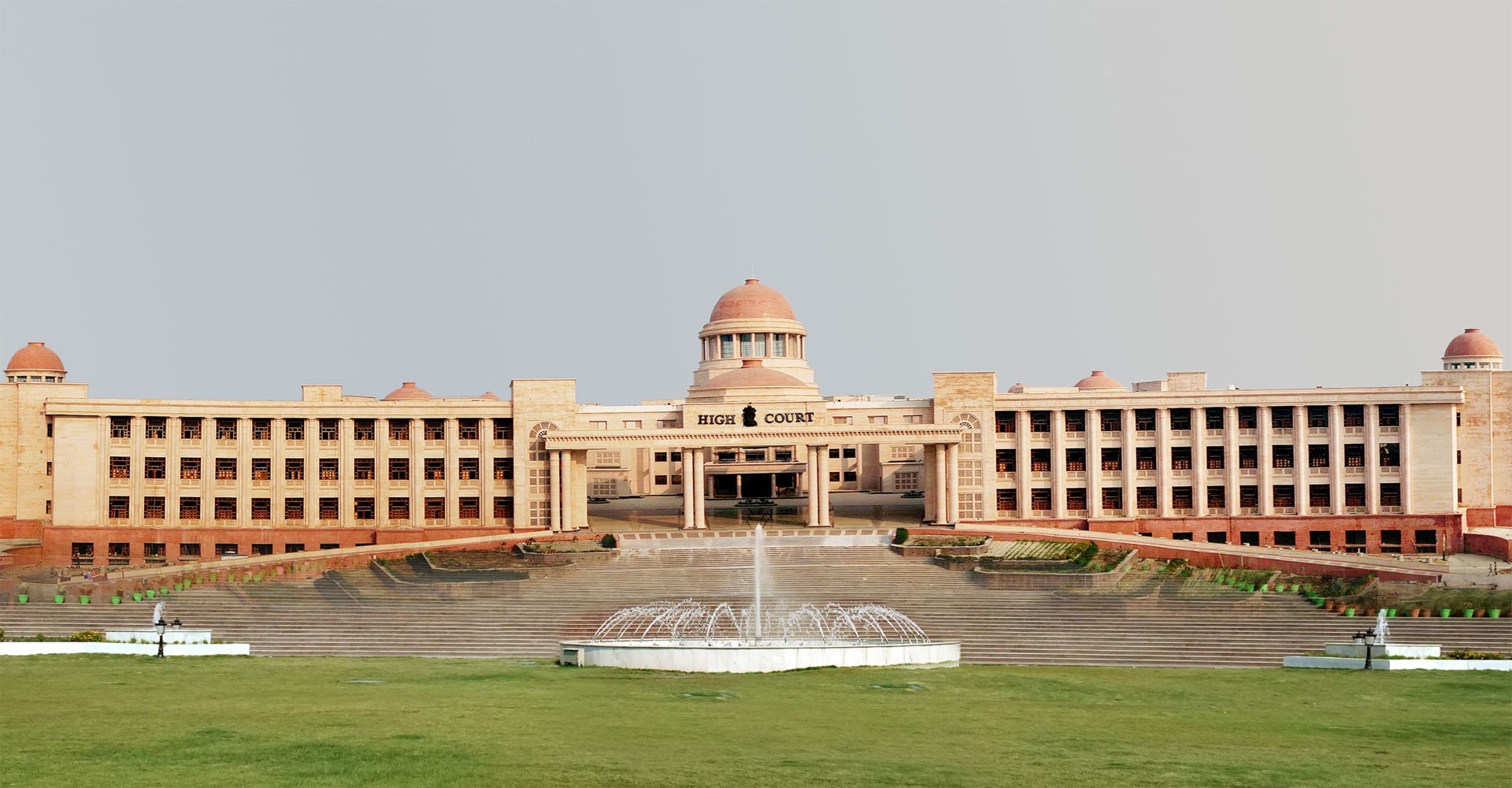The Lucknow bench of the Allahabad High Court, led by Justice Pankaj Bhatia, has come down heavily on Lucknow Development Authority (LDA) officers for failing to act in a land scam involving properties worth crores in Gomti Nagar Extension.
The case was heard on a petition filed by the Bahujan Nirbal Varg Sarkari Griha Nirman Samiti, represented by Advocate Sharad Pathak. The petitioner alleged that the committee, originally formed to provide housing to Scheduled Caste families, was instead misused to allot land to ineligible persons. Properties were also transferred by non-members, and the sale proceeds were not deposited into the committee’s account, raising concerns of large-scale financial irregularities.
Audit Ordered Into Property Sales of Last 10 Years
The court directed a comprehensive audit of property sales of the Bahujan Nirbal Varg Housing Construction Committee over the past 10 years. The audit will cover:
- Land allocation to ineligible beneficiaries.
- Property sales carried out by non-members.
- Deposits (or non-deposits) of sale proceeds into the committee’s official accounts.
The court emphasized that despite investigations by seven LDA officers, no action had been taken — a failure it described as “deeply disturbing.” It also noted that even though the state government was aware of the irregularities, illegal agreements continued and large sums were siphoned off.
Data Protection and DPDP Act Readiness: Hundreds of Senior Leaders Sign Up for CDPO Program
FIR and Revenue Law Action
The state government informed the court that it is in the process of filing an FIR in the case. Responding to this, the court ordered the state to present a status report of the FIR at the next hearing on September 16.
The bench further directed that:
- If required, the police may conduct a forensic audit of land sales over the last decade.
- Steps may also be taken to recover siphoned money, including action under the Money Laundering Act.
- An officer of the rank of Superintendent of Police will personally monitor the investigation.
- A separate report must be submitted on action taken under the Revenue Act in connection with the fraud.
Larger Implications for Accountability
The High Court’s stern stance underscores concerns about systemic corruption and misuse of housing schemes meant for marginalized groups. The directions not only target individual irregularities but also seek to establish a transparent system of accountability in land allotments and property transactions under state housing committees.
By involving senior police officials and allowing for money laundering provisions to be invoked, the court has signaled its intent to ensure that the case is pursued beyond routine bureaucratic inquiry.



